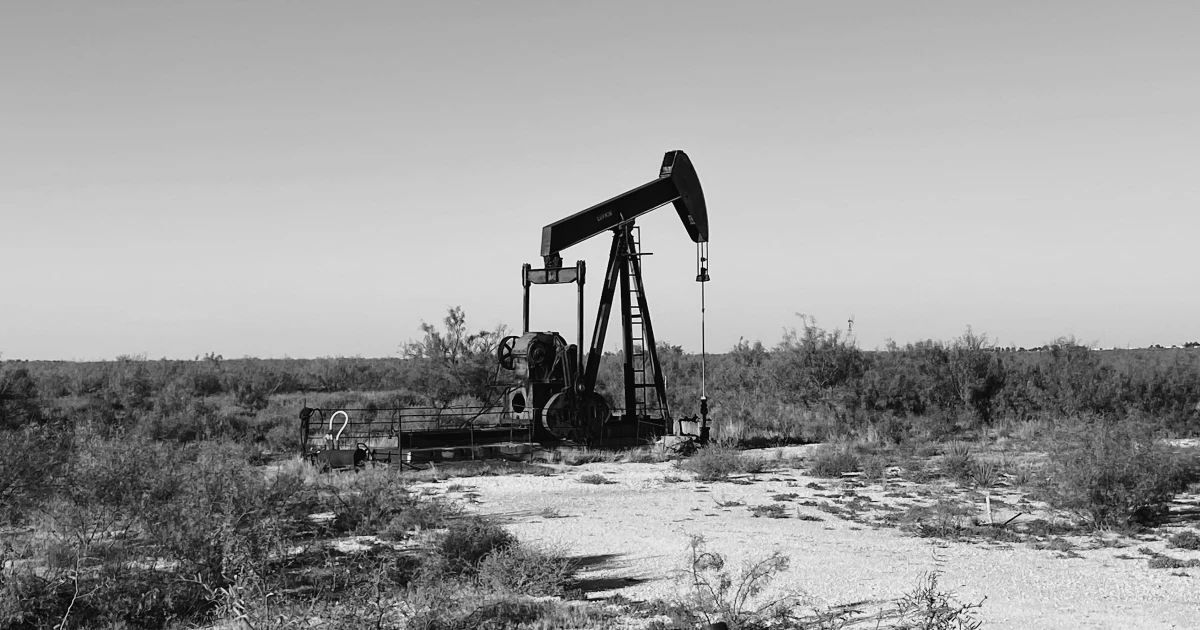This increased number of people living will have significant impacts on the environment and the Earth’s ability to sustain life and maintain a sustainable planet. I’m not hear as Captain Obvious, but rather as a concerned human. The biggest impact is caused by the degradation of natural resources, particularly water, land, and air, and we all feel it today - imagine where we’d be in 30 years if we don’t act seriously on the matter of climate change.
We need energy to live in today’s society. No doubt about it! But in order to meet this energy demand, many countries rely on fossil fuels. However, these resources are finite and depletion rates are increasing. Should I mention the negative impact they have on the environment as well? Damn right, I will. But we should also remember that there is an urgent need for alternative energy sources that are not limited by availability or depletion rates. And sunlight or wind are good examples of such unlimited resources that can help climate change be guided on the right track.
So for that reason, renewable energy sources are becoming increasingly popular as alternatives for fossil fuels
We all expect this to happen after we’ve heard about it a hundred times now. And, because of all the fuss, it's projected that by 2035, renewable energy will account for more than half of global electricity generation. I say that’s a very optimistic scenario.
The most commonly known renewable source of energy is solar radiation from our beloved sun. Other renewable natural sources include wind speed measured as mechanical power or electrical power from wind turbines. But there is no question about it - there are better ways to produce energy, at least in terms of sustainability. And I think we can include long-term efficiency as well as the benefit of switching our traditional ways of producing energy closer to sustainability.
Even more so, clean energy sources have the potential to significantly reduce carbon emissions while also opening up new economic opportunities and improving health. Yet we have to strive to achieve the switch fast, as we are doing it for us as well as for the planet.
But let’s not get ahead of ourselves as the current regulatory and policy considerations surrounding sustainability and clean energy include a variety of issues
Some of these issues are related to the specific technologies involved in the generation or use of these sources, while others are related to the broader impacts of these technologies on our overall energy system. We still have a long way to go!
The utilization of renewable and clean energy sources has increased considerably in recent years as a result of technological developments and high public interest. Nonetheless, these technologies confront several challenges, particularly when it comes to integrating them into our existing power grid. What that means is that implementation of something like green energy, done at a national and global scale, must come with a coherent and reliable plan for how and where we’re going to produce the energy, as well as who is going to be the main actors. It can become difficult, but as a species, we are accustomed to demanding things, right? And who doesn't enjoy a good challenge?
Government initiative, like in many other areas of innovation, is critical for stimulating the development of sustainable energy sources at scale and ensuring that any related costs resulting from using these energy sources are met by the users.
The transition to sustainable energy is already happening. We have to come to terms with this change as a society
Solar power is providing more electricity than ever before in several nations, and wind power is also on the rise. The cost of these technologies has also fallen dramatically over time, providing consumers with a far broader selection of alternatives. And, as one might think, renewable and clean energy may help countries attain energy independence and lessen their reliance on foreign oil.
Like for example in the European Union, where an act was signed to allow for huge investments in sustainable energy sources to be developed in the next few years with the sole purpose of becoming independent from Russian gas, coal, and oil by 2027. It definitely is exciting to see many other political and economic actors take similar initiatives.
In terms of employment, we anticipate a surge in investments for industries associated with the research, development, deployment, and operation of these technologies. Furthermore, increased investment in these technologies will result in job creation due to the need for additional personnel to design, implement, and manage these systems. Increased job prospects may result in better compensation for people employed by companies in the industry. And the benefits can keep on going.
If you're looking to take your home automation to the next level, these 10 DIY Shelly relay projects are also a great place to start. From controlling lights and appliances to enhancing energy efficiency and security, Shelly relays offer versatile solutions that are surprisingly easy to implement. Whether you're a seasoned tinkerer or just getting started with smart home tech, these projects can help you make your home smarter, more efficient, and more responsive to your needs.
The future of sustainable energy looks promising. With continued investments in these technologies, innovation is inevitable, and we can expect to see a further decline in the environmental impact we have year on year. Stay tuned for the latest news in sustainable practices and not only!




.webp)











